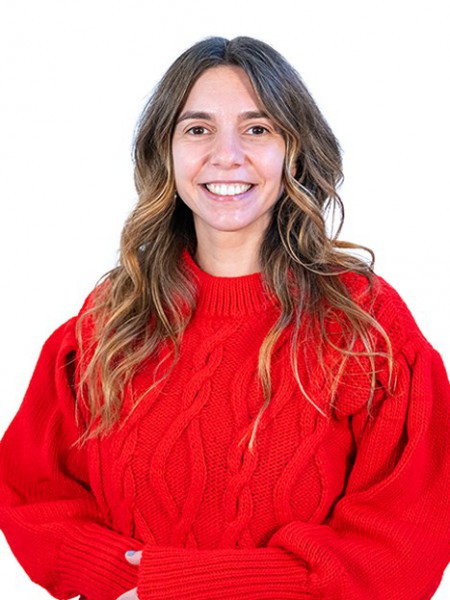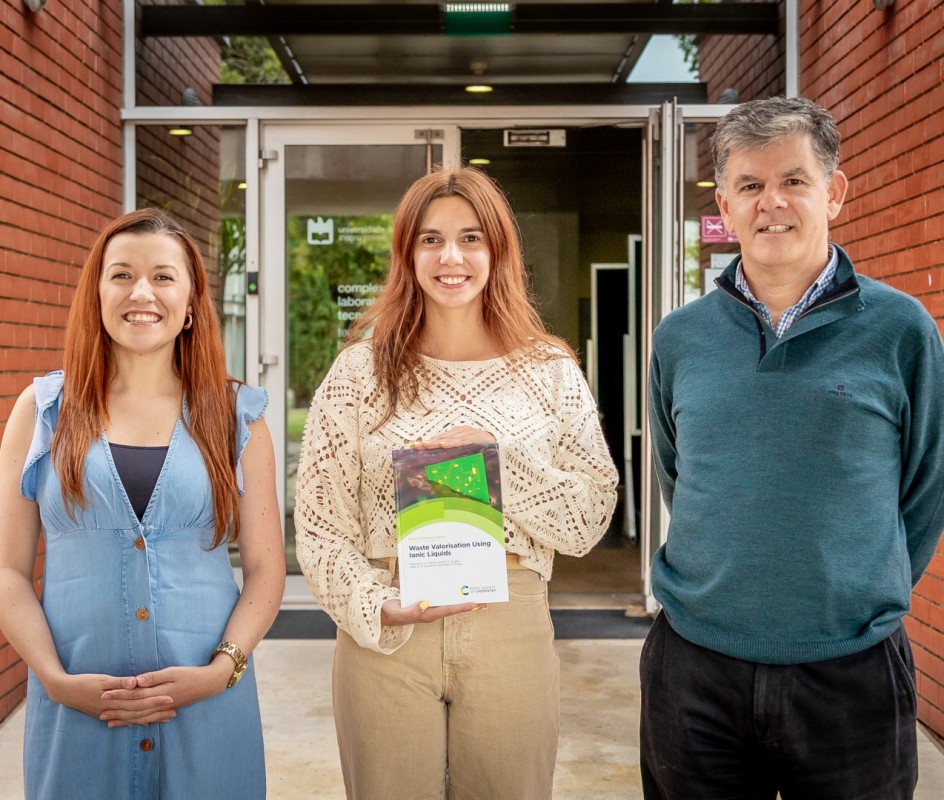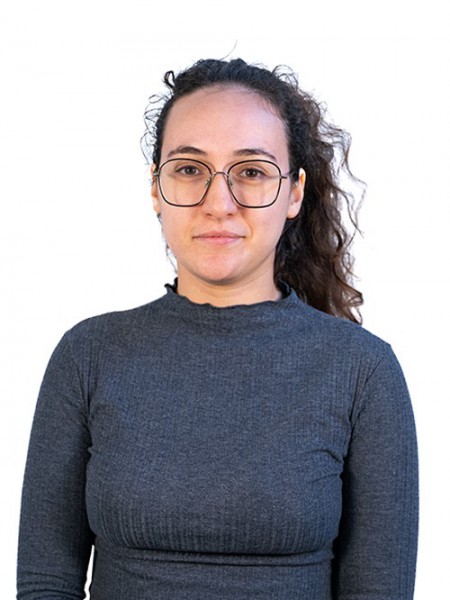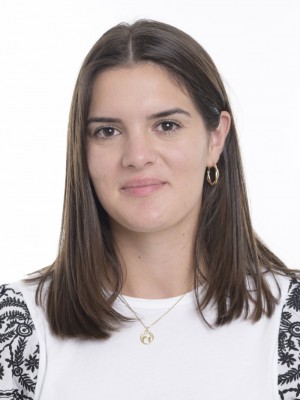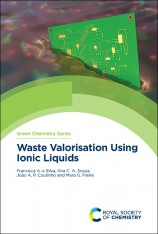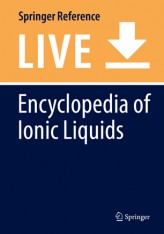Ongoing Supervisions
Projects
Publications
Enhancing biomarker detection in human serum for lung cancer diagnosis: Aqueous biphasic systems for simultaneous depletion of high-abundance proteins and efficient extraction of CYFRA 21 - 1
Rosa, ME; Mendes, MSM; Belchior, DCV; Coutinho, JAP; Silva, FAE; Freire, MG
2024, ADVANCES IN SAMPLE PREPARATION, 10.
ISBN:
2772-5820
Path2Green: introducing 12 green extraction principles and a novel metric for assessing sustainability in biomass valorization
Mesquita, LMD; Contieri, LS; Silva, FAE; Bagini, RH; Bragagnolo, FS; Strieder, MM; Sosa, FHB; Schaeffer, N; Freire, MG; Ventura, SPM; Coutinho, JAP; Rostagno, MA
2024, GREEN CHEMISTRY, 26, 19.
ISBN:
1463-9270
Tackling water contamination by oncologic drugs: Supported ionic liquids as sustainable adsorbents for cyclophosphamide removal
Francisco, R; Monteiro, B; Santos, MJ; Silva, FAE; Venancio, C; Neves, MC; Lopes, I; Sousa, ACA; Freire, MG
2024, JOURNAL OF ENVIRONMENTAL MANAGEMENT, 371.
ISBN:
1095-8630
Combined Use of Ionic Liquid-Based Aqueous Biphasic Systems and Microfluidic Devices for the Detection of Prostate-Specific Antigen
Flora, FC; Relvas, SB; Silva, FAE; Freire, MG; Chu, VRN; Conde, JP
2023, BIOSENSORS-BASEL, 13, 3.
Tailored pretreatment of serum samples and biomarker extraction afforded by ionic liquids as constituents of aqueous biphasic systems
Rosa, ME; Mendes, MSM; Carmo, E; Conde, JP; Coutinho, JAP; Freire, MG; Silva, FAE
2023, SEPARATION AND PURIFICATION TECHNOLOGY, 322.
Using three-phase partitioning for the purification and recovery of antibodies from biological media
Capela, EV; Magnis, I; Rufino, AFCS; Torres-Acosta, MA; Aires-Barros, MR; Coutinho, JAP; Azevedo, AM; Silva, FAE; Freire, MG
2023, SEPARATION AND PURIFICATION TECHNOLOGY, 316.
Triblock copolymers as versatile constituents of double stimuli-responsive ionic-liquid-based aqueous biphasic systems
Rufino, AFCS; Ribeiro, SC; Coutinho, JAP; Silva, FA; Freire, MG
2023, SEPARATION AND PURIFICATION TECHNOLOGY, 317.
Aqueous two-phase systems as multipurpose tools to improve biomarker analysis
Mendes, MSM; Rosa, ME; Ramalho, F; Freire, MG; Silva, FAE
2023, SEPARATION AND PURIFICATION TECHNOLOGY, 317.
Improved accuracy in pentraxin-3 quantification assisted by aqueous biphasic systems as serum pretreatment strategies
Mendes, MSM; Rosa, ME; Coutinho, JAP; Freire, MG; Silva, FAE
2023, INTERNATIONAL JOURNAL OF BIOLOGICAL MACROMOLECULES, 253.
Ionic liquid-based aqueous biphasic systems as one-step clean-up, microextraction and preconcentration platforms for the improved determination of salivary biomarkers
González-Martin, R; Silva, FAE; Trujillo-Rodríguez, MJ; Diaz, DD; Lorenzo-Morales, J; Freire, MG; Pino, V
2023, GREEN CHEMISTRY, 25, 21, 8544-8557.


